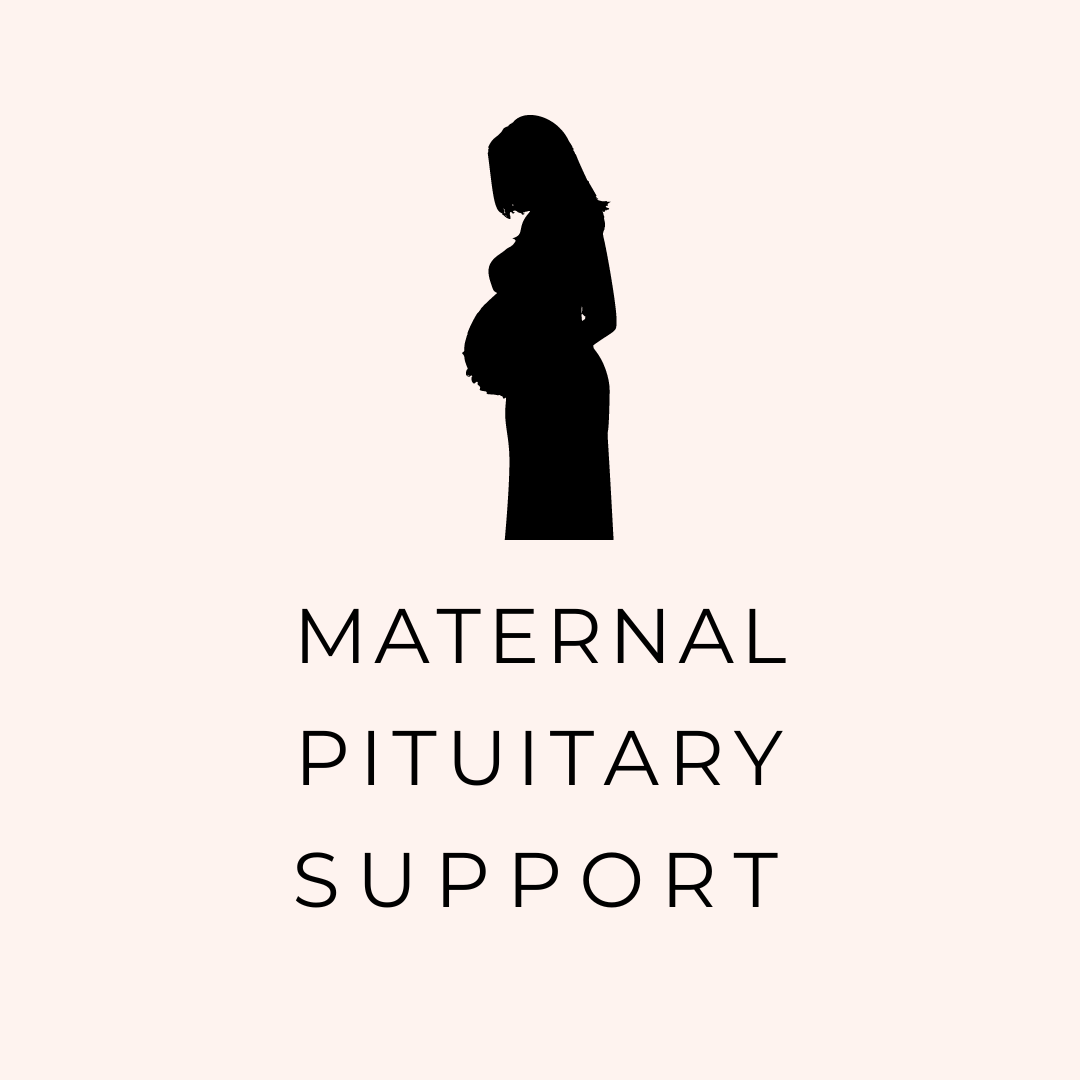No Milk? Think Sheehan’s!
Whether acute or chronic Sheehan’s Syndrome, the most frequently documented symptom in the postnatal period is failure to lactate or difficulty lactating. This is because the hormone whose function it is to produce milk (and whose name comes from its role) - the hormone Prolactin - is very often one of the hormones damaged in the pituitary gland.
2021 Survey Headline
We surveyed 110 women with a Sheehan’s Syndrome diagnosis.
90 women did not produce any milk and 15 women produced some.
This is a very early indicator of pituitary damage.
No Milk? Think Sheehan’s!
Our campaign aims to raise awareness amongst healthcare professionals and encourage early detection and diagnosis of Sheehan’s Syndrome, saving lives and ensuring greater quality of life for those affected.
Our 2021 Survey Results
Out of 110 women with Sheehan’s Syndrome:
90% felt low mood and anxiety always, usually & sometimes
72% said their periods had not returned following diagnosis (prior to hormone replacement)
61% had a blood transfusion
Hormone Deficiencies
89% TSH (Thyroid Stimulating Hormone)
83% ACTH (Adrenocorticotropic hormone, which controls the production of cortisol)*
69% Growth Hormone
58% LH & FSH (Luteinizing hormone & follicle stimulating hormone)
51% Prolactin
18% ADH (Antidiuretic hormone, which causes diabetes insipidus)
*Adrenal insufficiency is a life threatening condition
Conclusion
The greatest percentage of participants experienced Thyroid Stimulating Hormone (TSH) deficiency, followed by Adrenocorticotrophic Hormone (ACTH) deficiency. Based on the results for lactation, we believe there may have been some participants that were unaware of Prolactin deficiency causing failure to lactate. This may also have affected the results for Luteinising Hormone (LH) and Follicle Stimulating Hormone (FSH) deficiencies, where participants may be more familiar with Oestrogen and Progesterone, the usual method of hormone replacement used for this deficiency. These results also do not account for those women waiting to be tested for certain hormone deficiencies, such as growth hormone, which tends to be investigated and replaced once all other anterior pituitary hormones are optimal.
Contact us
Whether you’re a university midwifery member society, trainee obstetricians, qualified consultants, lactation consultants, postnatal care providers or working with pregnant and postpartum mothers, if you would like our Directors Claire & Jenn to speak to your group about our first-hand experience of Sheehan’s Syndrome, then contact us below.

